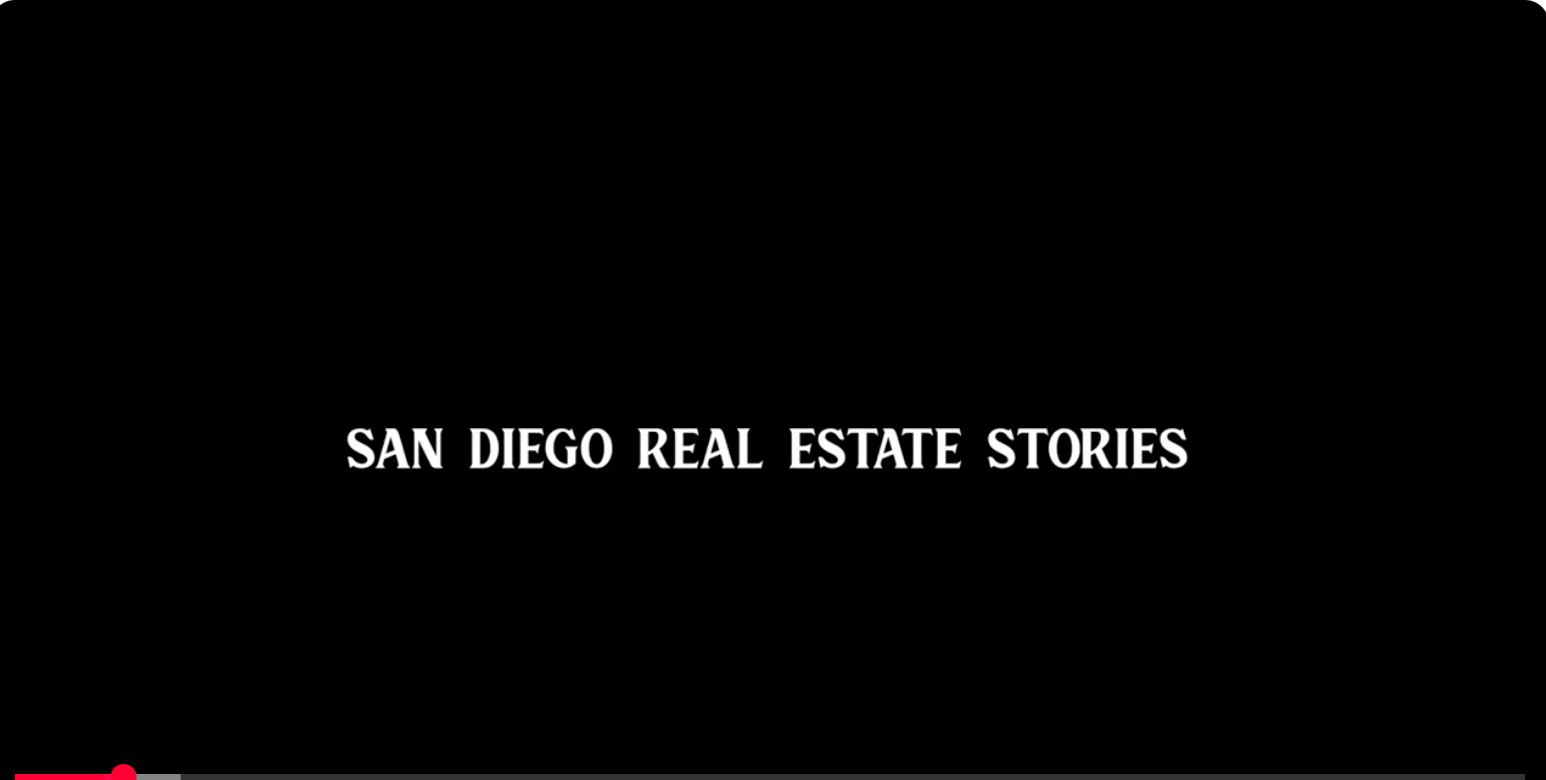The San Diego Housing Market During a Recession: What You Need to Know
Recessions are challenging times for many sectors, and the housing market is no exception. Understanding how the market behaves during these periods can help you make informed decisions whether you're buying or selling real estate in San Diego. Let's dive into what typically happens to the housing market during a recession and explore the pros and cons of buying and selling real estate in such times.
What Happens to the San Diego Housing Market During a Recession?
- Decline in Home Prices: During a recession, home prices in San Diego often decline due to decreased consumer confidence and purchasing power. Economic uncertainty, job losses, and tighter lending standards make people hesitant to invest in new properties .
- Reduced Buyer Demand: With more people facing financial difficulties, the demand for homes typically drops. This reduced demand can lead to longer times on the market for sellers and potentially lower offers from buyers.
- Increased Supply: As demand decreases, the supply of homes on the market can increase. This is partly due to more foreclosures and distressed sales as homeowners struggle to keep up with mortgage payments.
- Volatile Market Conditions: Recessions bring volatility. While prices generally fall, they can also fluctuate based on local economic conditions, labor market outlook, and other factors.

Pros and Cons of Buying Real Estate During a Recession
Pros:
- Lower Prices: One of the biggest advantages is the potential to buy properties at lower prices. Recessions can create opportunities to purchase homes at a discount.
- Lower Mortgage Rates: The Federal Reserve often lowers interest rates to stimulate the economy during a recession, which can result in lower mortgage rates for buyers.
- Less Competition: With fewer buyers in the market, you may face less competition, making it easier to negotiate favorable terms.
Cons:
- Economic Uncertainty: The overall economic instability can make it risky to invest in real estate. Job security and income stability are crucial factors to consider.
- Potential for Further Price Drops: While buying at a lower price is advantageous, there's always the risk that prices could drop further, potentially reducing the value of your investment.
- Tighter Lending Standards: Banks and lenders may tighten their lending criteria, making it harder to qualify for a mortgage.
Pros and Cons of Selling Real Estate During a Recession
Pros:
- Motivated Buyers: Buyers who are active during a recession are often highly motivated, which can lead to quicker sales.
- Opportunity to Upgrade: If you're selling to buy another property, the lower prices can work in your favor on the buying side.
Cons:
- Lower Sale Prices: The most significant downside is that you may have to sell your property for less than its pre-recession value.
- Longer Time on Market: With reduced buyer demand, properties can take longer to sell, which can be frustrating and financially straining.
- Market Timing: If you don't need to sell immediately, it might be better to wait until the market stabilizes to get a better price.
Conclusion
Navigating the San Diego housing market during a recession requires careful consideration of both the risks and opportunities. Whether you're buying or selling, understanding the market dynamics and aligning your decisions with your financial situation and long-term goals is crucial. By staying informed and strategic, you can make the most out of the challenging economic landscape.
If you have any specific questions or need personalized advice, feel free to reach out!





